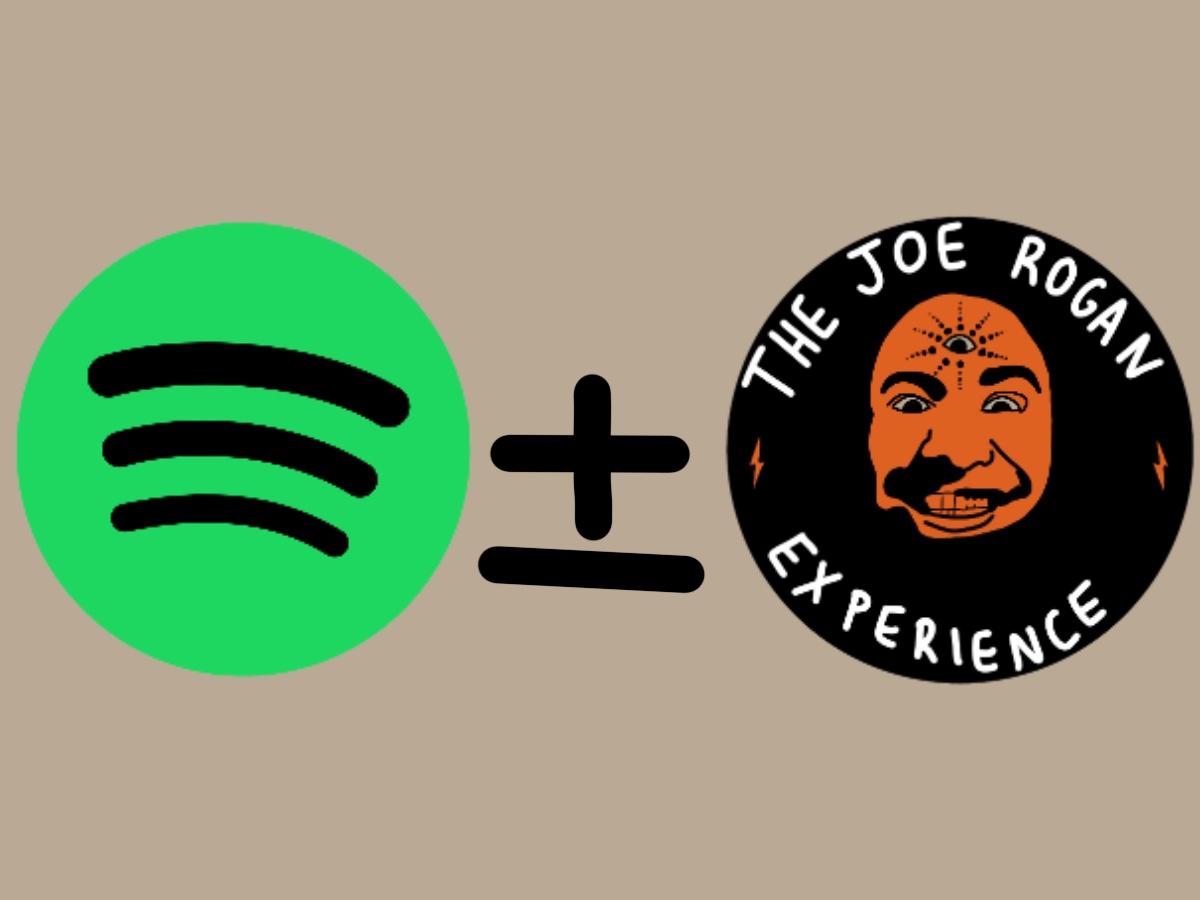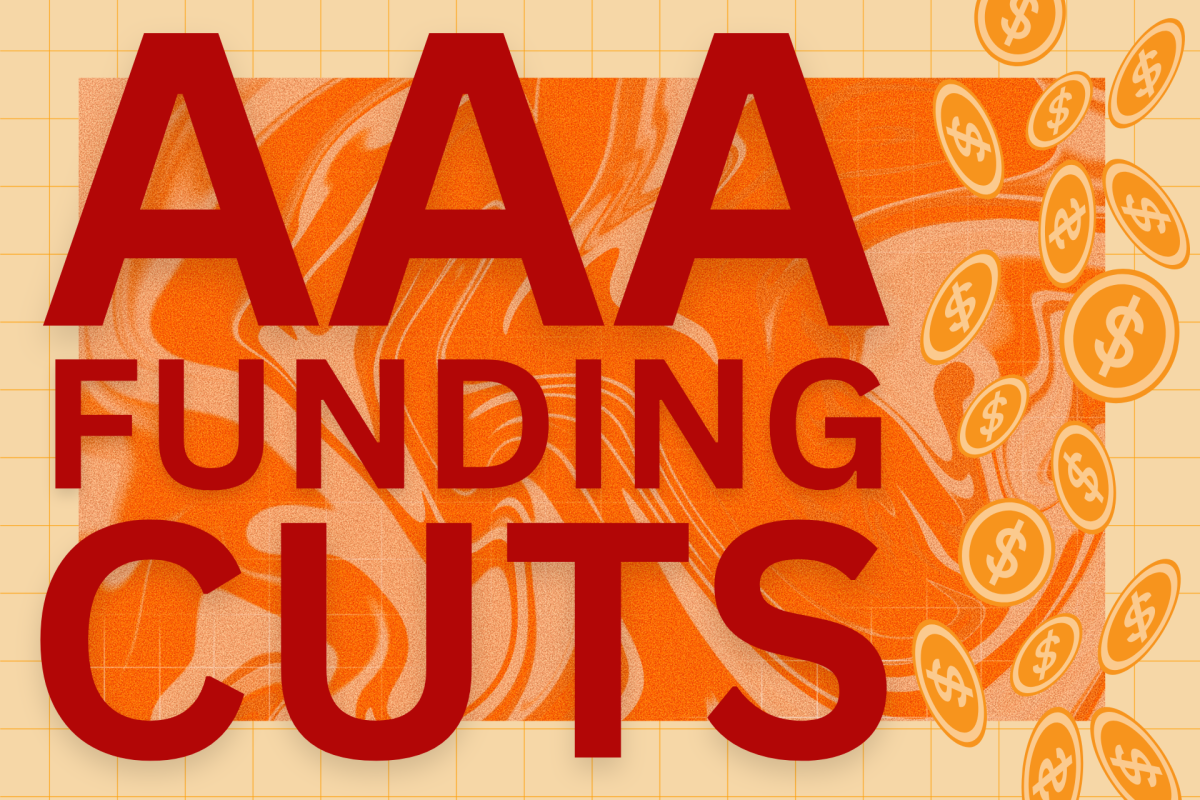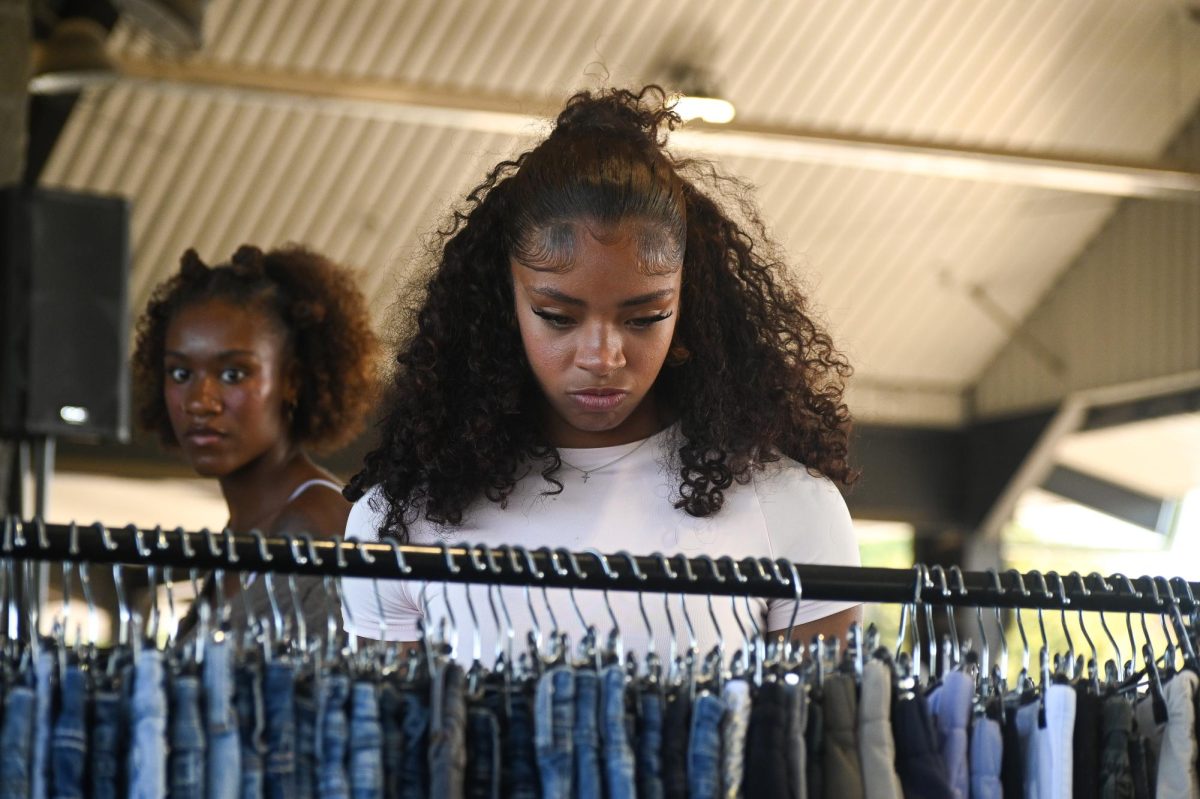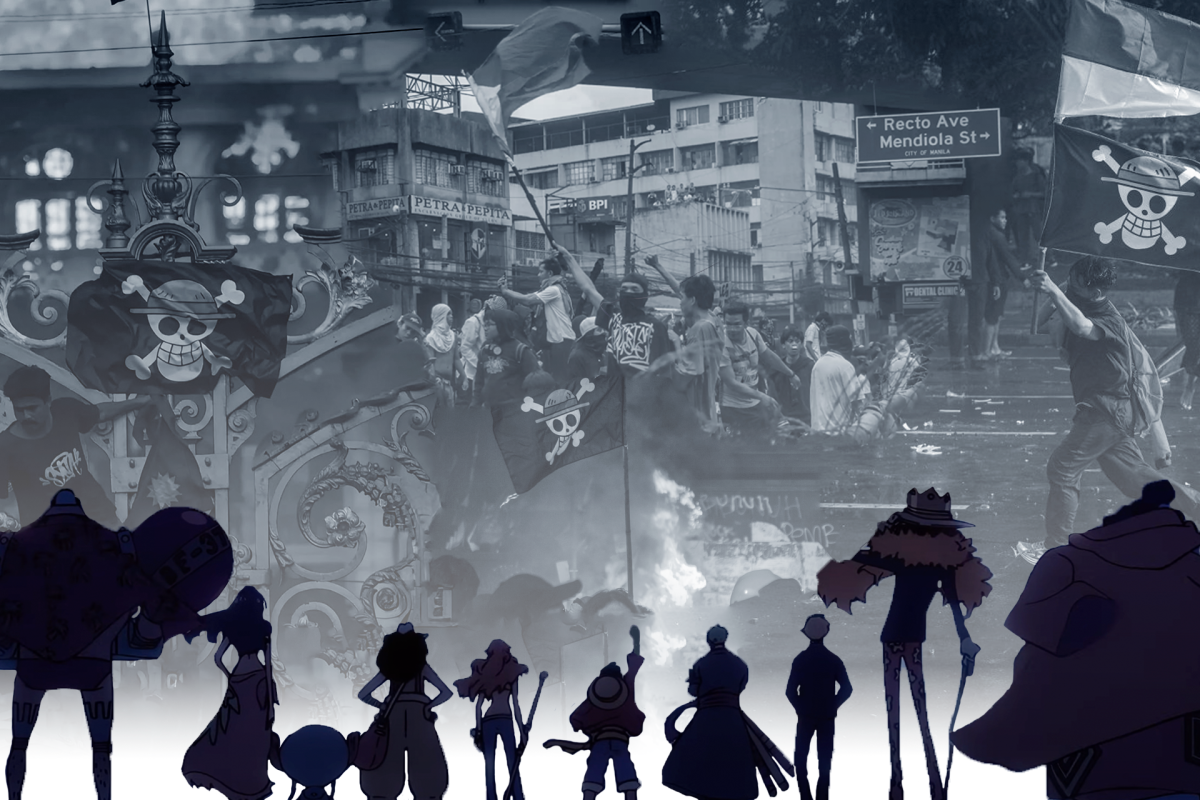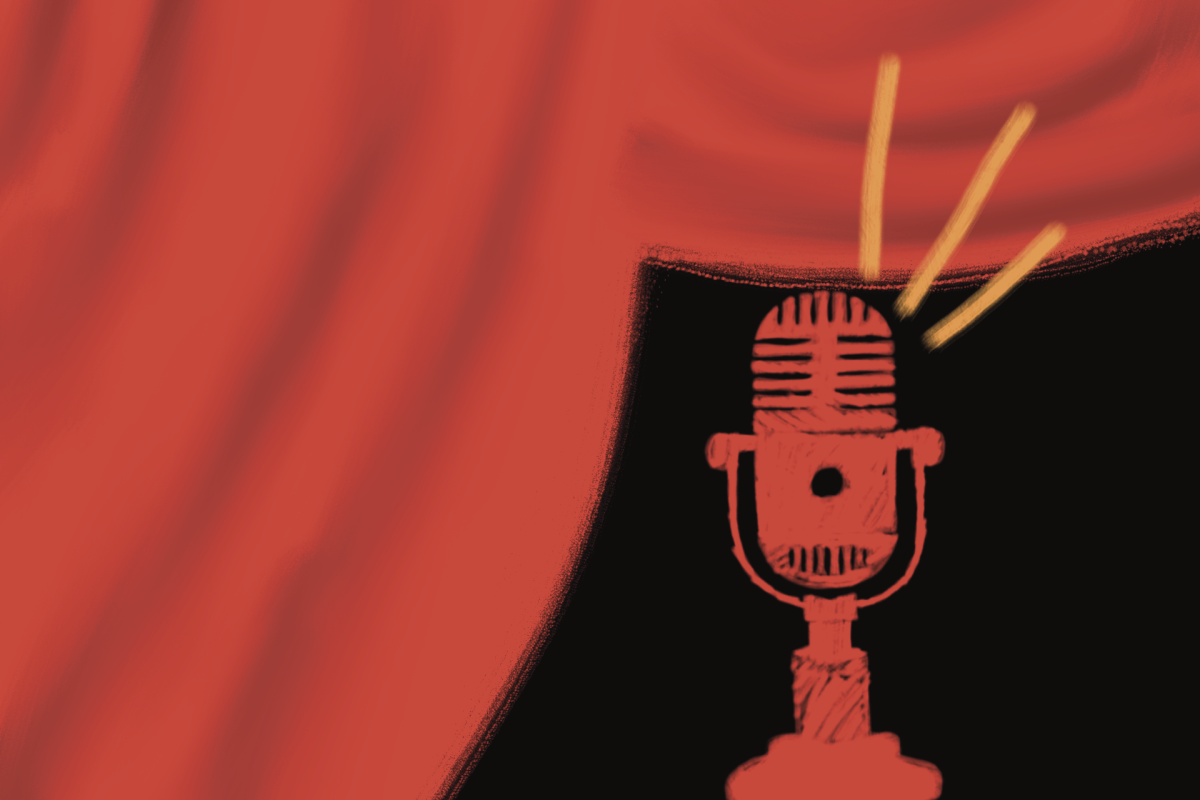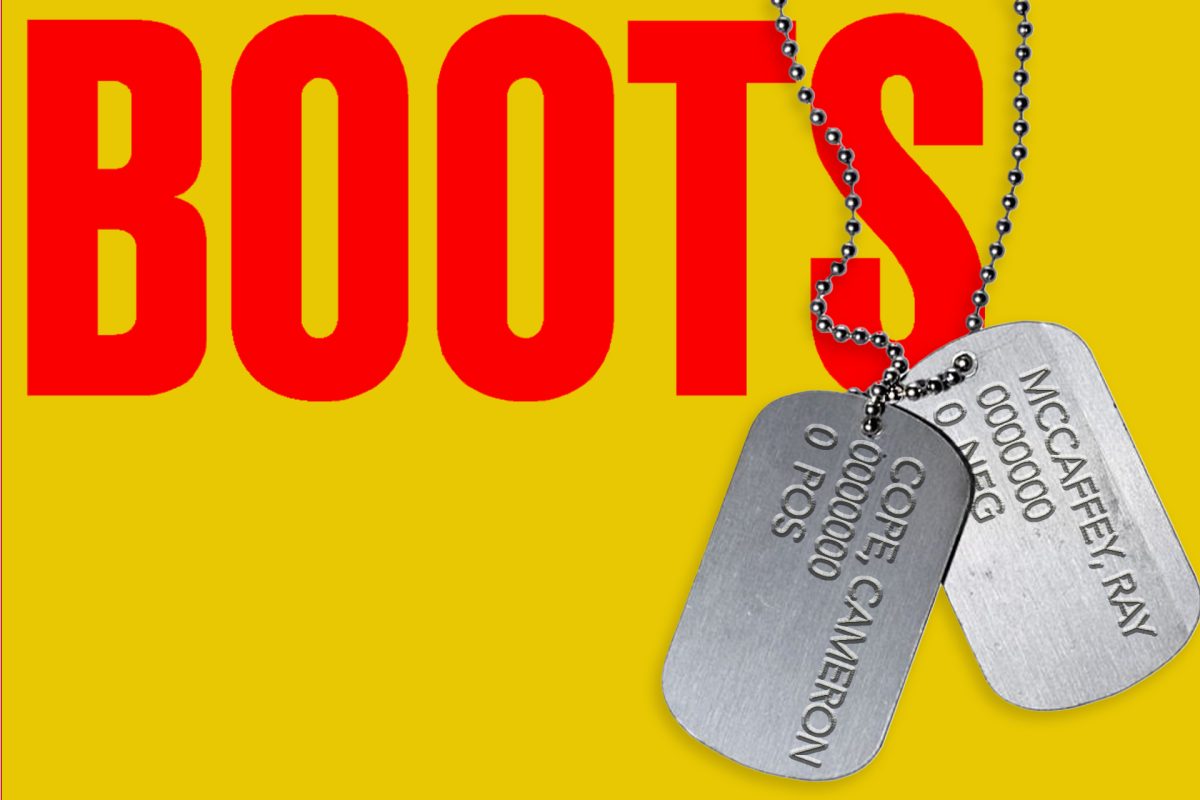On Jan. 24, 2022, musician Neil Young penned an open letter to Spotify, demanding they take his music down from the streaming platform over COVID-19 misinformation, specifically stemming from Joe Rogan on his “The Joe Rogan Experience” podcast.
“They can have [Joe] Rogan or Young. Not both,” the “Heart of Gold” singer wrote.
Two days later, on Jan. 26, Spotify began pulling the musician’s music catalog from its platform. The decision has prompted other musicians to pull their music from the platform as well, including Joni Mitchell, and Young’s former bandmates, David Crosby, Stephen Stills and Graham Nash, members of the now-defunct group Crosby, Stills, Nash & Young.
Rogan has responded to Young’s decision via Instagram, acknowledging that the podcast “has been accused of spreading dangerous information,” mentioning two episodes in particular. The two episodes feature interviews with Dr. Robert Malone and Dr. Peter McCullough, two known COVID-19 vaccine skeptics.
“If there’s anything I’ve done that I could do better, it’s having more experts with differing opinions after I have the controversial ones … I don’t always get it right,” Rogan said.
Musicians aren’t the first people to criticize Spotify amid the podcast’s growing viewership. Earlier last month, 260 doctors and scientists wrote an open letter to Spotify, expressing concern over the medical misinformation promoted on Rogan’s podcast, calling the former “Fear Factor” host a “menace to public health.” However, it was Young’s letter which propelled the conflict into the public consciousness.
Rogan faced additional backlash earlier this week after a compilation of the host saying the n-word multiple times on his podcast spread on social media. Rogan has since apologized, calling the incident the “most regretful and shameful thing” he has had to address publicly.
On Feb. 6, Spotify founder and CEO Daniel Ek sent out an apology to employees over the controversy spurred by Rogan’s use of the n-word. In a memo obtained by the Wall Street Journal, Ek wrote, “There are no words I can say to adequately convey how deeply sorry I am for the way ‘The Joe Rogan Experience’ controversy continues to impact each of you … Not only are some of Joe Rogan’s comments incredibly hurtful, I want to make clear that they do not represent the values of this company.”
However, the CEO doubled down on his decision not to remove Rogan’s podcast, writing that while he condemns Rogan’s actions, he “does not believe censoring Rogan is the answer.”
The Young’s letter follows Spotify’s acknowledgement that it was delayed in addressing outcry sparked by Young regarding COVID-19 misinformation.
The streaming giant has since removed 113 episodes of Joe Rogan’s podcast amid the controversies. Among them are episodes featuring far-right commentators including Alex Jones, creator of the conspiracy theory website InfoWars, and Milo Yiannopoulos, former editor of alt-right website Breitbart News.
Young’s decision, and the surrounding controversy around Rogan has thrown Spotify into a new position. Spotify is more than a streaming platform: it is now a company that is responsible for the content it distributes. This is not exclusive to Spotify –– many tech giants have found themselves in the same conundrum. Facebook, Twitter and Instagram have all had to re-define what content is acceptable to publish on their platforms.
After the Jan. 6, 2021 Capitol Riots, Facebook, Instagram, Twitter and Youtube all permanently banned or suspended former President Donald Trump from their platforms. Twitter, the platform which Trump was most active on, cited a risk of “further incitement of violence” as Trump continued to post regarding the 2020 election, promoting conspiracy theories surrounding the election’s legitimacy. Current President Joe Biden beat Trump in the 2020 election, as has been proven by multiple state probes.
So what should Spotify do? Should they have removed Joe Rogan? The company’s refusal to completely remove Rogan’s podcast signals a major shift within the company.
Spotify has a $100 million licensing deal with Rogan. “The Joe Rogan Experience” is the most-listened to podcast in the U.S. The podcast reaches an estimated 11 million people per episode. Choosing to remove the podcast would have caused a significant dent in Spotify’s audience and revenue.
In order for Spotify to seriously consider removing Rogan, major artists would have to follow Young. Similar artists, such as Bruce Springsteen and Bob Dylan, would cause much more of an issue for Spotify. However, even if Springsteen and Dylan wanted to, both artists have sold the rights to their music to Sony Music Entertainment and have no say in where their music is streamed from.
What Spotify decides to do with Rogan will continue to change the policies of media platforms as they find themselves more responsible for the content produced under their jurisdiction. However, as shown with the contentious debate over Spotify’s decision, whether those changes will be accepted by the billions of people who use social media remains to be seen.
Edited by Camila Fowler | [email protected]
Edited by Catie Cobble | [email protected]


